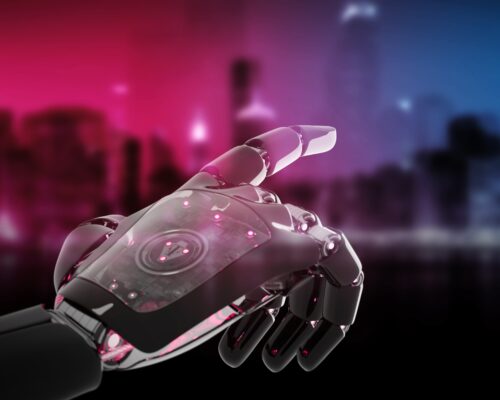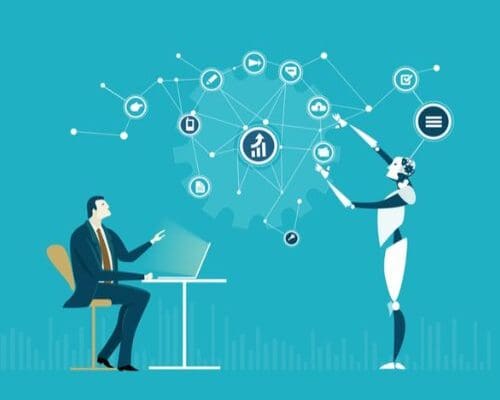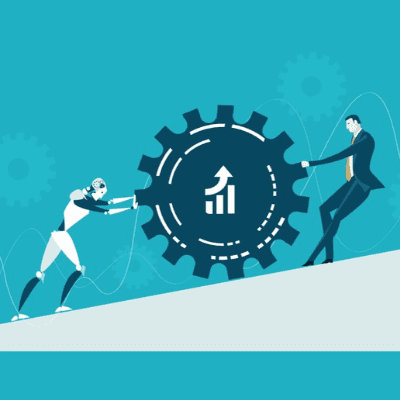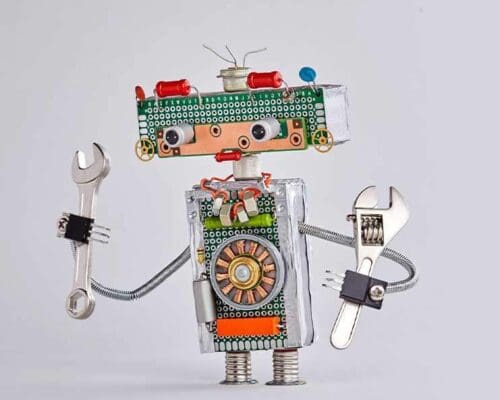According to a recent Gartner survey, 66% of marketers say that CX is the battleground of the future – Forbes Technology Council
Customer Experience (CX) is one of the key differentiators in today’s competitive business world. In the digital era, there’s a wider choice in products than ever before, with consumers able to access goods and services from around the world. So how do you ensure that customers choose your business and, crucially, stay loyal?
Customers want more – can you deliver?
With the growth of digital channels, customer expectations have increased: they want not only fast delivery of goods and services but fast responses to queries and fast resolution of complaints. And today’s consumers are prepared to voice their dissatisfaction with a company on social media – with poor customer service cited as one of the top reasons for complaints.
51% of respondents to a recent survey say they have ‘called out’ a brand or business on social media.
Additionally, customers now expect a truly seamless omnichannel experience – but switching between channels can sometimes prove frustrating. Lack of consistency in the way customer requests are handled across mail, chat, and voice calls can give customers the impression of inefficiency and damage their trust in the company.
Instant answers: chatbots at your service
One way to improve the quality of customer service is to employ and train more staff: however, in the current economic climate, this is not always viable due to cost and time constraints. This is where conversational chatbots come into their own. These AI-powered chatbots are available at any time to respond to customer requests – and when integrated with tools such as knowledge bases, can provide accurate answers to customer enquiries.
Gartner predicts chatbots will become a primary customer service channel within five years.
What makes this new generation of chatbots different from the older rule-based bots is their use of machine learning algorithms. The conversational AI platform produced by our partners at Laiye automatically uses different signals to rate the quality of a bot’s answer, enabling the bot to constantly improve its responses and reactions.
These intelligent bots continuously prove to be a success story in several industries: global brand Wyeth Nutrition used Laiye’s chatbot to reduce response time and improve customer service efficiency, resulting in an answer recall rate of 85% and recall accuracy rate of 90%. And luxury travel club Voyage Privé successfully implemented a multilingual chatbot to manage customer queries in seven languages.
Know your customer: intelligent automation for data analysis
Building customer loyalty is crucial – but first, you need to understand who your customers are and what they want. The combination of data analytics and AI can provide invaluable insights into your customer base, identifying which products and services customers are using, as well as highlighting the potential demand for new ones.
Making better use of analytics and AI remains a top three priority for customer service and support leaders in 2022 – Gartner
In the highly competitive transport industry, our client Baleària identified customer satisfaction as an area for improvement, with particular emphasis on the booking process. By consolidating all customer interactions in one place, implementing a centralised reporting system, and integrating chatbots with a knowledge base, they were able to achieve a robust, omnichannel customer experience within four months.
The personal touch: using data analytics for a tailored customer experience
Household names such as Amazon and Netflix owe much of their success to the use of intelligent automation for personalisation, providing individual recommendations based on the customer’s previous purchasing or viewing habits. In combination with data analytics, conversational bots are increasingly being used to deliver personalised product recommendations, as Laiye’s chatbot has done for Nike.
“The path to transformative customer engagement is a series of small, cost-effective steps that add up to a significantly better customer experience” – Max Ball, Principal Analyst at Forrester
Personalisation is another area in which customer expectations are rising – 56% of customers now expect offers to always be personalised – and this could be the factor which distinguishes you from your competitors. In addition to personalised product recommendations, it’s worth going further and thinking about personalising other aspects of the customer experience: for example, if your data analysis shows that a customer always chooses the same payment method or delivery preference, you can display this prominently at the ordering stage.
At redk, we have over 15 years’ experience in digital transformation, working with our expert partners to identify and implement the best technical solutions for your business. Get in touch now to find out how we can help you harness the power of intelligent automation to optimise your business processes and enhance your customer experience.










